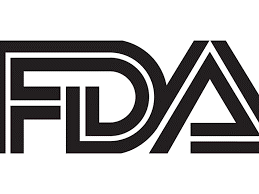FDA refuse to accept
A 510(k) submission is made to the U.S. Food and Drug Administration (FDA) to demonstrate that a potential new medical device to be marketed is as safe and effective as a product that has already become legally available.
However, before the FDA will substantially review a 510(k) submission, the agency will assess the submission against the Refuse to Accept (RTA) policy. This policy is used to ensure that all 510(k) submissions contain the information required by the FDA to conduct a substantive review. In order to avoid a RTA decision, 510(k) applicants should ensure their submission meets the RTA screening criteria.
Common reasons for receiving the FDA’s RTA letter
- Non-compliant formatting: The FDA’s guidance documents list recommendations on how to format a 510(k) submission. All applicants should follow these formatting guidelines to ensure that they comply with FDA guidelines.
- Failure to supply an eCopy: An electronic copy of the 510(k) application must be submitted to the FDA.
- Confusion between 510(k) categories: 510(k) submissions can fall under one of three categories; traditional, special or abbreviated. Understanding the distinctions between the three submission types is vital to ensure that the correct 510(k) application is submitted.
- Lack of FDA guidance identification: 510(k) applicants are required to identify certain FDA guidance documents within their application that are applicable to their device. The submission will be seen as ‘incomplete’ if this information is absent.
- Omission of test data: With every 510(k) submission, relative test data applicable to the device must be submitted.
In order to minimise the risk of clearance delays caused by RTA’s, the FDA offer a Pre-Submission Program whereby applicants can discuss potential issues with both their device and the 510(k) submission process prior to sending the final application to the FDA.
If you would like to discuss how Perfectus Biomed can support your 510(k) submission, please get in touch.


